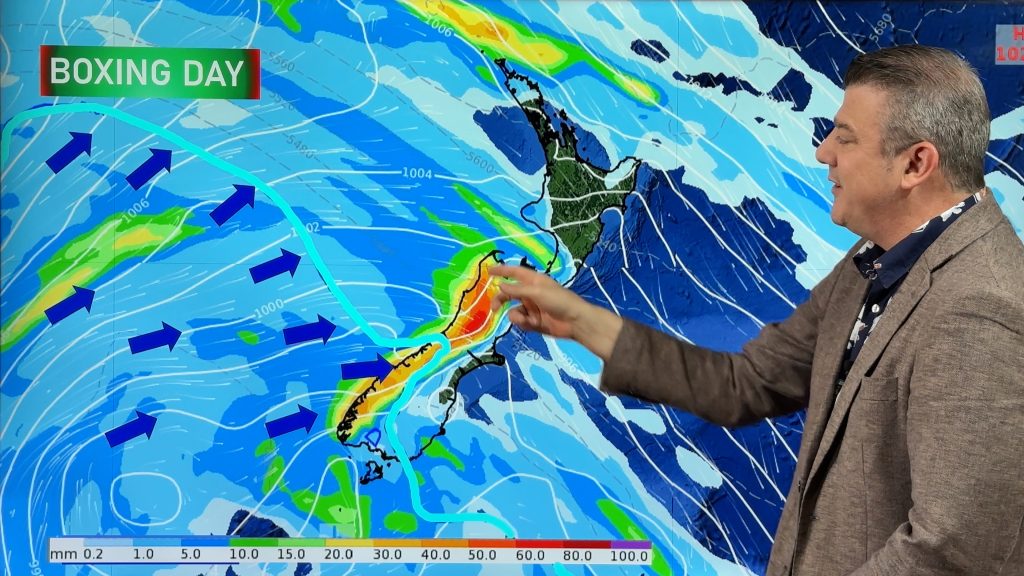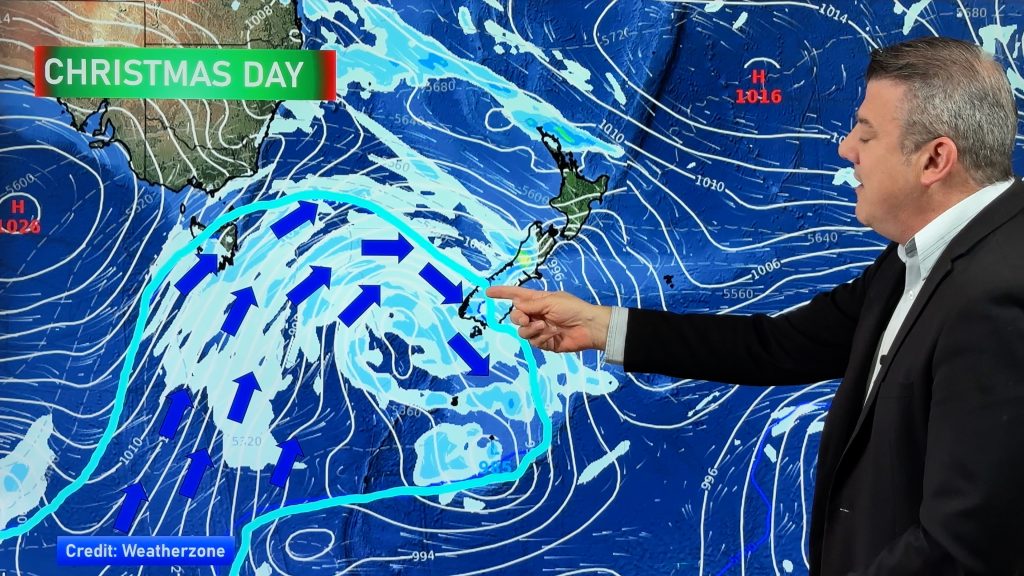Earliest sunrises of the year upon us but latest sunsets still weeks away
14/12/2017 8:29am

> From the WeatherWatch archives
Planet Earth is not perfectly round. In fact it was Isaac Newton who first correctly suggested that Earth was a sphere that is squashed at its poles and bulges out at the equator.
It’s this shape, along with earth’s tilt, that helps gives us all the varying sunrise and sunset times across New Zealand – and you may be surprised to know that in fact it’s around now that we have our earliest possible sunrises but nearly a month out from the latest sunsets.
The sun’s earliest rises in New Zealand are in the first and second weeks of December.
The latest sunsets aren’t until the end of December and then into January’s first week.
The longest day of the year (The Summer Solstice) is in the middle of this – on December 22nd this year at precisely 5:28am.
To give you a clearer picture we’ve taken three centres from north to central to south and have all the times and dates:
Auckland:
- Earliest Sunrise – Last week at 5:54am
- Latest Sunset – First week of January at 8:43pm
- Solstice: 5:58am to 8:40pm (14 hours, 42 minutes of available sunlight)
Wellington:
- Earliest Sunrise: This week at 5:41am
- Latest Sunset: First week of January at 8:57pm
- Solstice: 5:44am to 8:54am (15 hours, 10 mins of available sunlight)
Invercargill:
- Earliest Sunrise: Next few days at 5:47am
- Latest Sunset: Last week of December, first week of January at 9:41pm
- Solstice: 5:50am to 9:39pm (15 hours, 49 mins of available sunlight)
– Data courtesy of timeanddate.com
– WeatherWatch.co.nz
Comments
Before you add a new comment, take note this story was published on 14 Dec 2017.




Add new comment
Guest on 9/12/2017 5:44am
The effect is due to the variable length of the solar day – the range is from about 21 seconds short of 24 hours (mid-September) to 30 seconds more than 24 hours (late December). The accumulated values move the midpoint of the day over a range of about 30 minutes (about 11.43 to 12.13 if corrections for local time are removed). At present the zenith time is advancing by almost 30 seconds per day and it allows the latest sunset to be later than the date of the longest day.
Reply